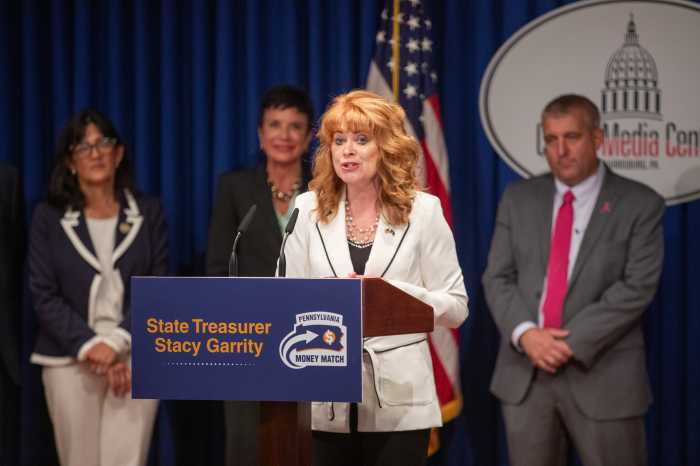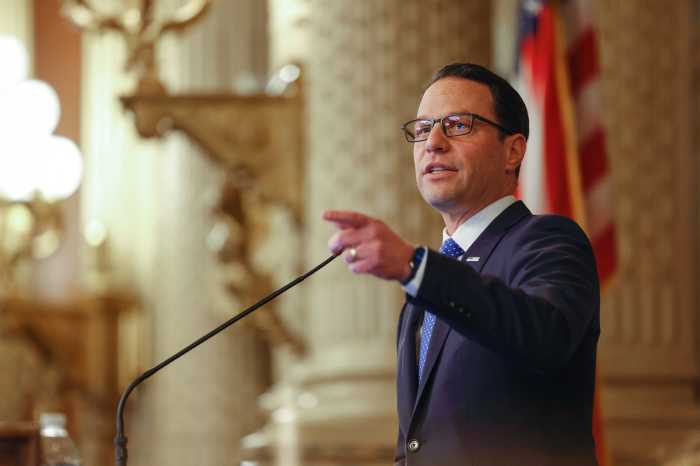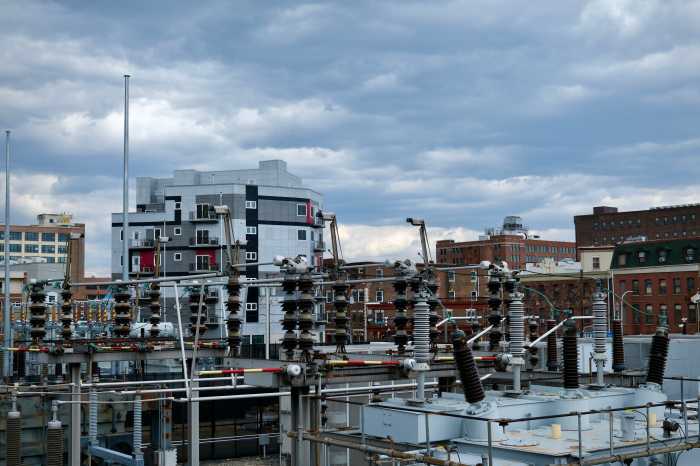By David Shepardson
A bipartisan group of 22 governors Thursday urged leaders in Congress to move quickly to finalize $52 billion in government funding to subsidize the production of semiconductor chips.
A persistent industry-wide shortage of chips has disrupted production in the automotive and electronics industries, in particular, forcing some firms to scale back production.
“We can all point to industries in our states that have been impacted – from auto manufacturing to consumer electronics, home appliances, medical devices, agriculture, defense and more,” the governors wrote in a letter.
Michigan Governor Gretchen Whitmer, a Democrat, led the letter, including the governors of California, New York, Pennsylvania, New Jersey, Illinois, Indiana, Ohio, New Jersey, Nevada, North Carolina, Indiana, Kentucky, Massachusetts, Connecticut, Oregon, Utah, Vermont, Idaho, Wisconsin, West Virginia and Washington.
The U.S. House on Feb. 4 narrowly passed a bill aimed at increasing American competitiveness with China and $52 billion to boost U.S. semiconductor manufacturing.
The bill’s passage sets up negotiations with the Senate on compromise legislation, which must pass both chambers before it can be sent to the White House for President Joe Biden’s signature.
The Senate voted 68-32 to pass its own bill – the U.S. Innovation and Competition Act – in June, which includes $52 billion for chips and authorizes $190 billion for U.S. technology and research to compete with China.
“We urge you to take swift bipartisan action to reconcile the two bills to get to the president’s desk for signature. Now is the time for a comprehensive solution to this national security and economic crisis,” the governors wrote, saying the $52 billion “will help the United States regain our leadership in semiconductor manufacturing.”
The funding includes $2 billion to incentivize production of “mature node” semiconductors used by the auto industry and in medical devices, agricultural machinery and some national defense applications.
Whitmer said in a statement that chips funding is needed because “thousands of jobs up and down the auto supply chain and across multiple industries are at risk.”
Reuters



























